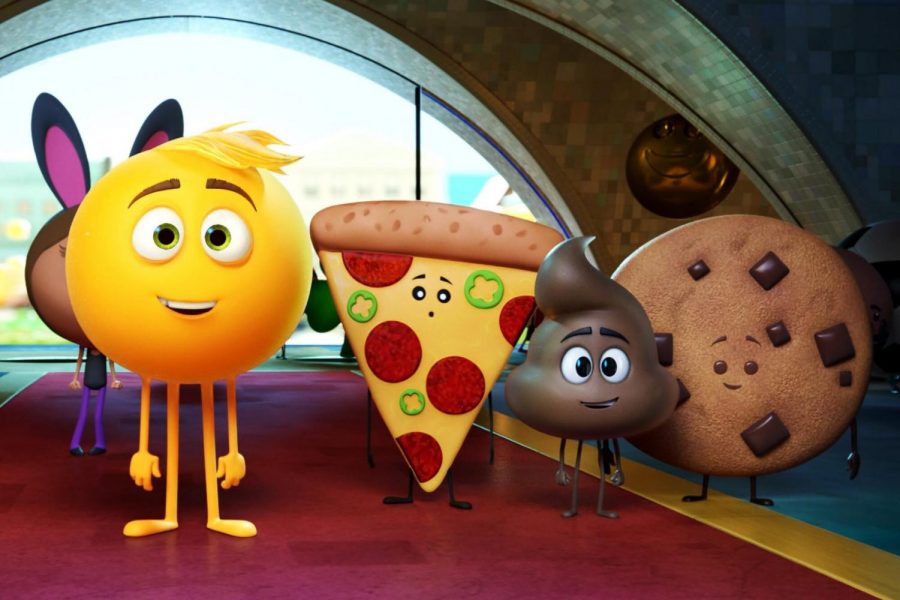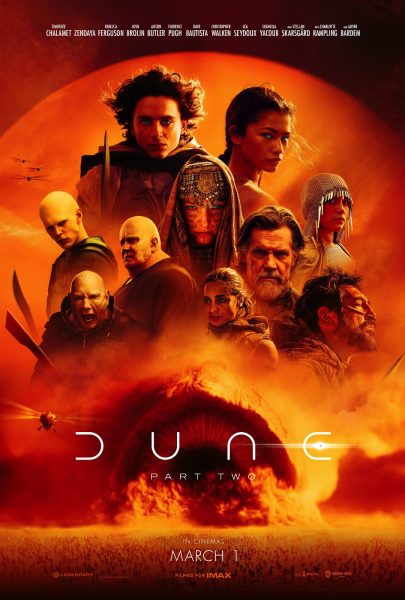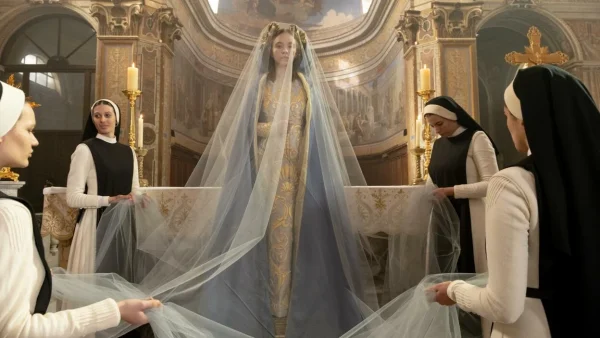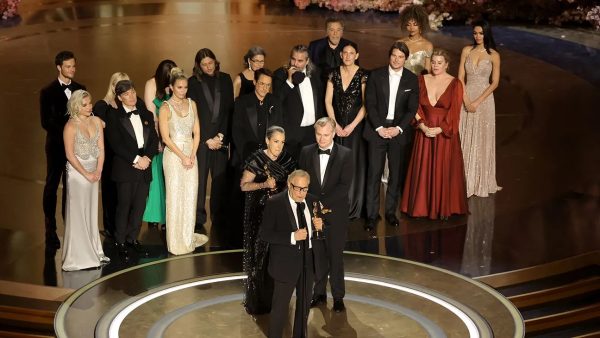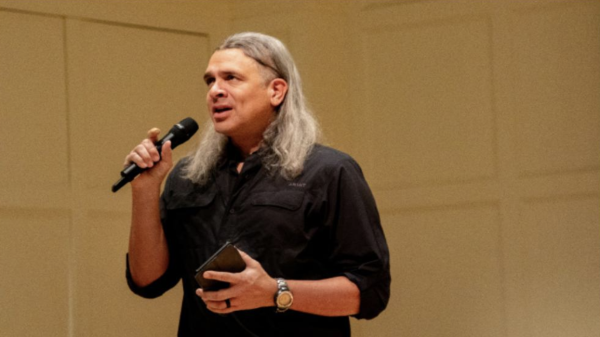“The Emoji Movie” spreads wholesome messages
Characters in “The Emoji Movie” portray valuable lessons, creating a paradigm of a healthy lifestyle
December 2, 2021
In the years following the release of “The Emoji Movie” in 2017, it faced a myriad of criticism despite the authentic and wholesome message it offers viewers. Critics have called it “very, very bad”, “a soul-crushing disaster” and “nakedly idiotic.”
These critics who see “The Emoji Movie” as tired and unoriginal lack the sophistication to understand what it really is: a welcome change from the sinful ideas promoted by the American film industry.
Since its inception in 1903, Hollywood has become increasingly characterized by the glorification of materialism, violence, drugs and sex. Raising children on these films has produced generations of shallow, apathetic and violent nymphomaniacs, with each generation coming out worse than the last. If you don’t know what I mean, open TikTok and spend a few minutes observing the appalling state of the modern teenager.
We must save the next generation from this bleak and seemingly inevitable fate by shielding them from the horrors of “mature” Hollywood, and instead limiting their scope to wholesome family films that offer positive worldviews and valuable life lessons. “The Emoji Movie” is a great place to start.
The film stars Gene (short for Generic), a “meh” emoji who yearns to express other emotions. His journey celebrates individualism and those who dare to be different, setting an example of love and acceptance for future generations.
“The Emoji Movie” also normalizes the expression of a wide variety of emotions, unlike more popular children’s movies like “Inside Out”, which postulates that humans are driven by only five basic emotions.
Gene shows children that no dream is too big, and they can be whatever they want to be — they are not doomed to become materialistic Hollywood zombies. The film encourages viewers to retain their childlike innocence — a quality that is sorely lacking in our society.
Gene’s star quality is amplified by the delightful ensemble of supporting characters we meet throughout his adventure, from his parents, Mel and Mary Meh, to his girlfriend, Jailbreak. Jailbreak breaks barriers by leaving her cushy life as a princess to become a nomadic hacker and is a true feminist icon for young girls everywhere. She is not like other girls, and “The Emoji Movie” celebrates that fact.
Jailbreak shows Gene that it’s okay for him to be different too, and they fall in love, presenting audiences with a wholesome romance free of sex and violence. Gene and Jailbreak exemplify a healthy relationship model, while other Hollywood films such as “Titanic” and “The Notebook” — and even the seemingly-wholesome Disney princess films — glorify toxicity.
Near the end of the film (spoiler alert!), Gene’s father Mel is also revealed to be a glitch, and Gene is welcomed home with open arms. Mel shows us an example of unconditional parental acceptance, even though Gene has rebelled from societal expectations to an extreme degree. Exposing children to this message will foster their growth into confident young adults with the capacity to change the world for the better.
The next time you want to watch a violent war film or a toxic, anti-feminist romantic comedy, I suggest you check those urges and turn on “The Emoji Movie” instead. If we as a collective society give this masterful film a chance, it can change lives. I encourage you to look beyond its seven percent Rotten Tomatoes score and abundance of critical reviews and give it a watch, reflecting on its societal and moral implications.
Critic Jake Wilson said it best: “If I’m not dreaming, I’ve just seen one of the boldest mainstream American movies in ages. ‘The Emoji Movie’ is an allegory that can be read on multiple levels — from the political to the religious.”


